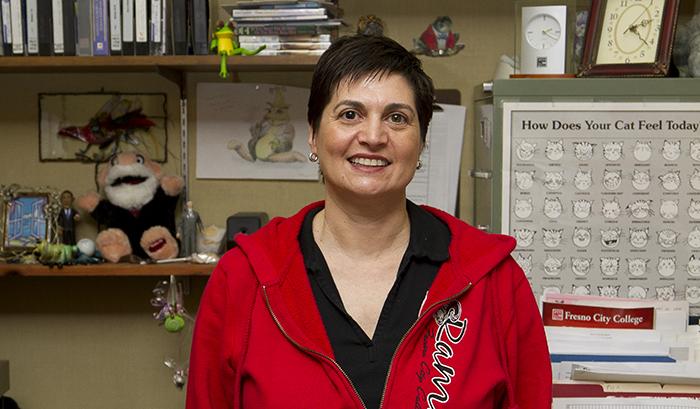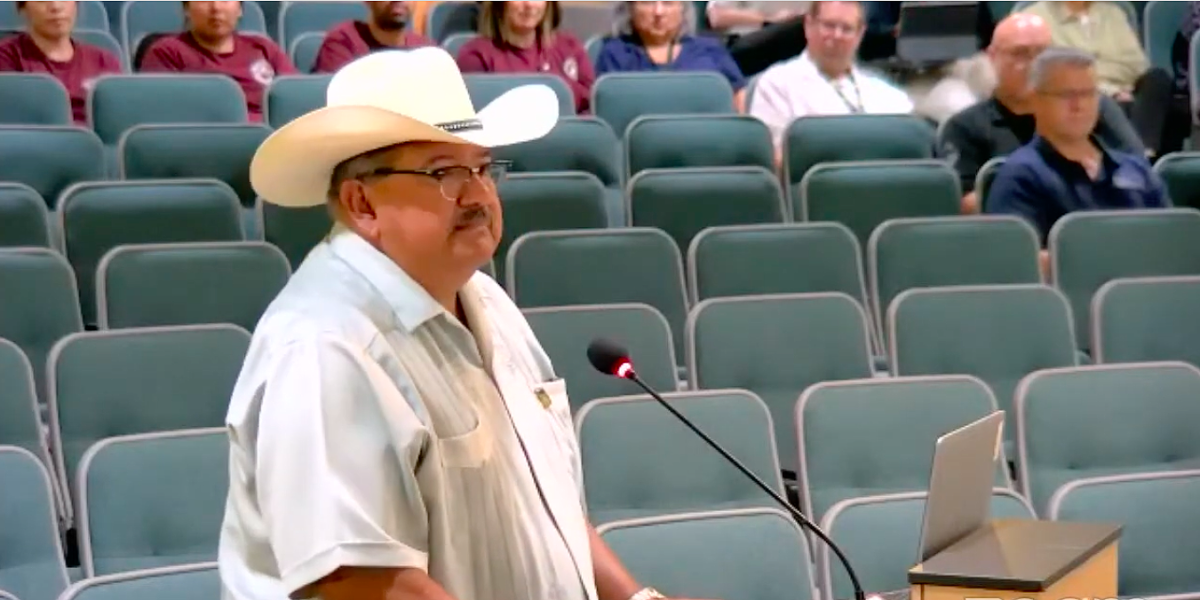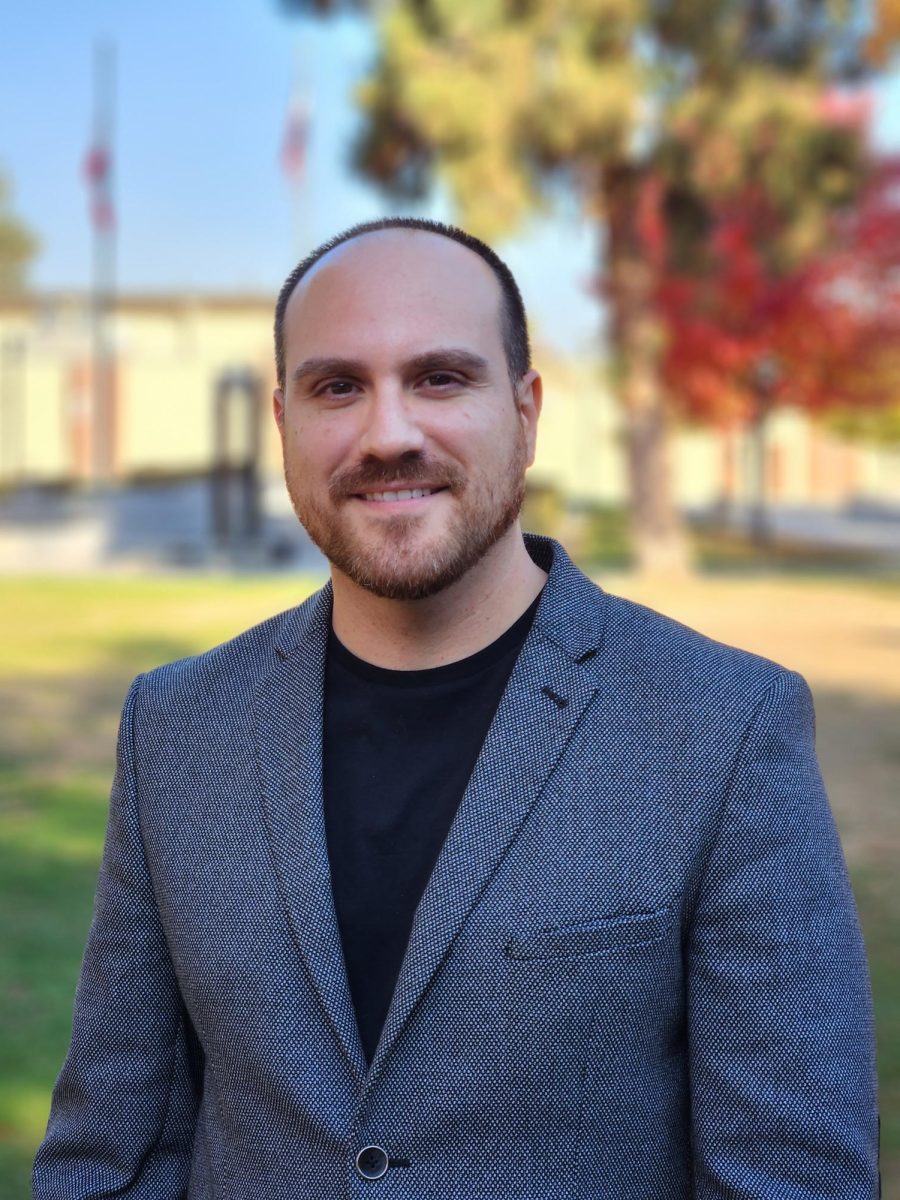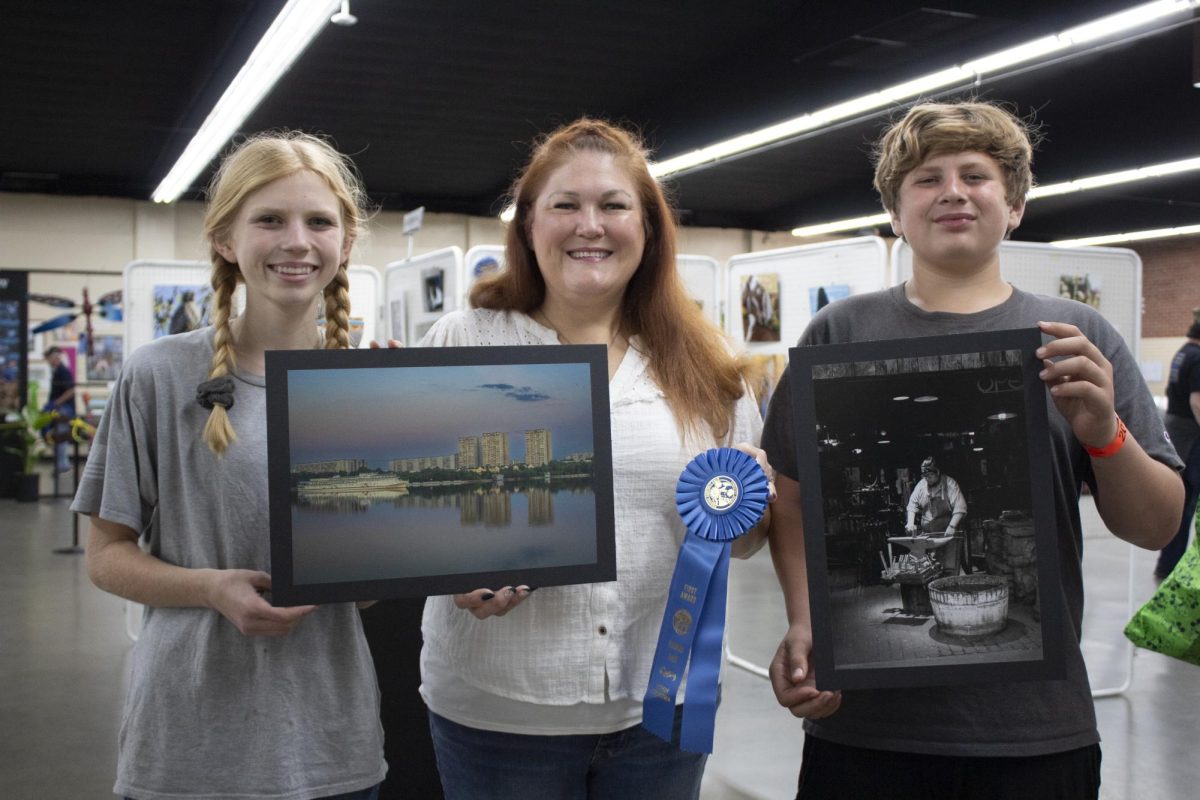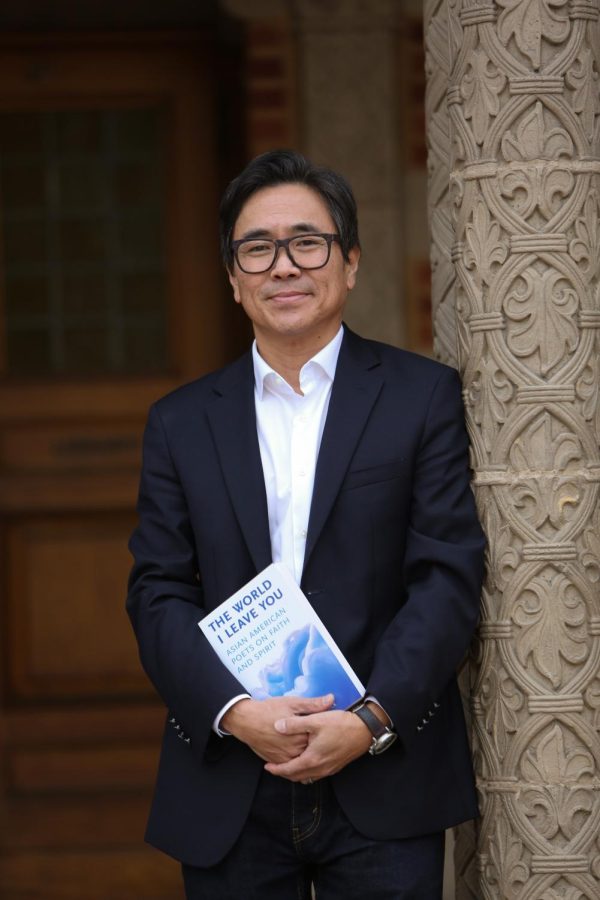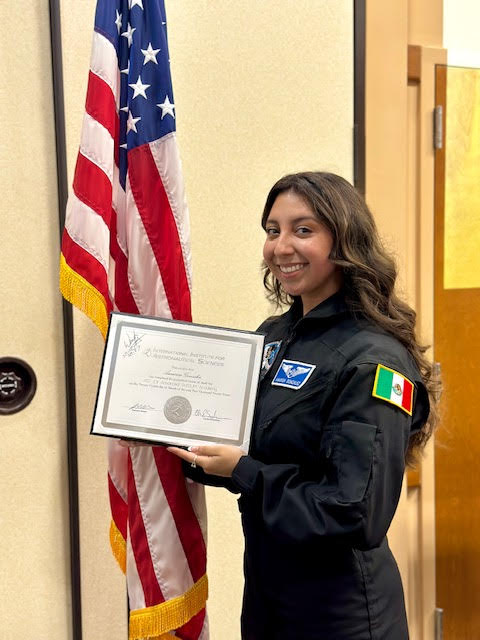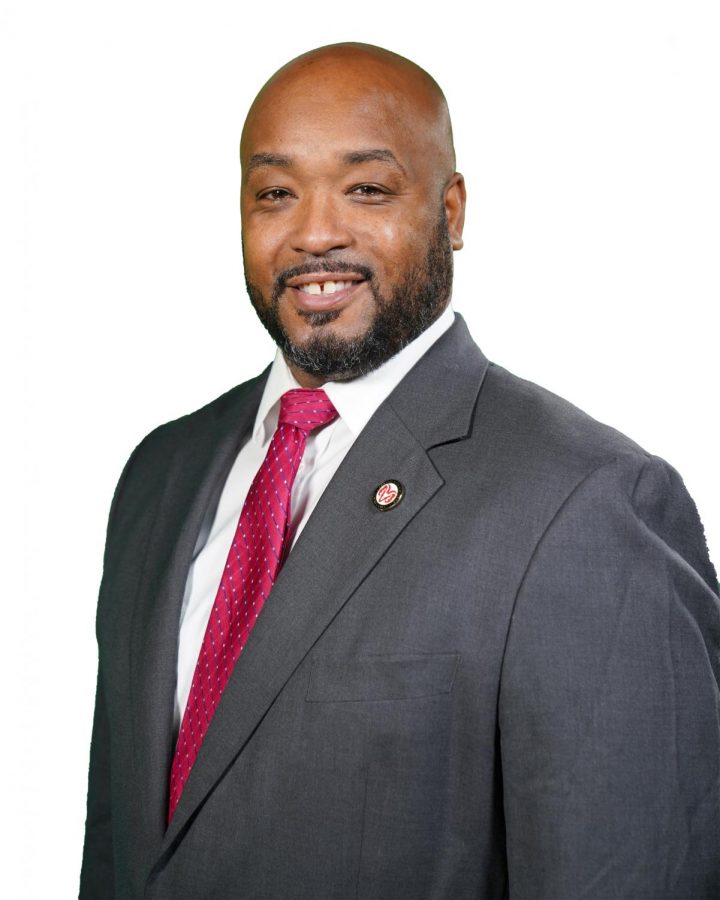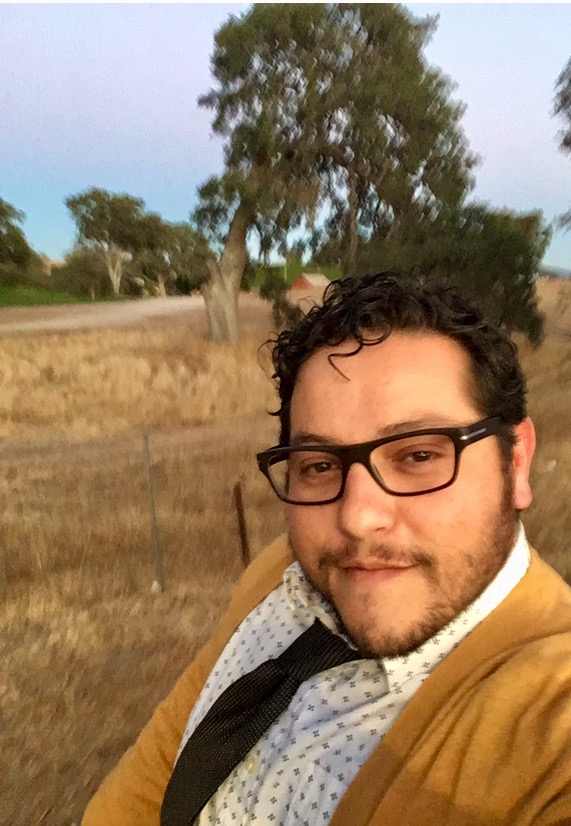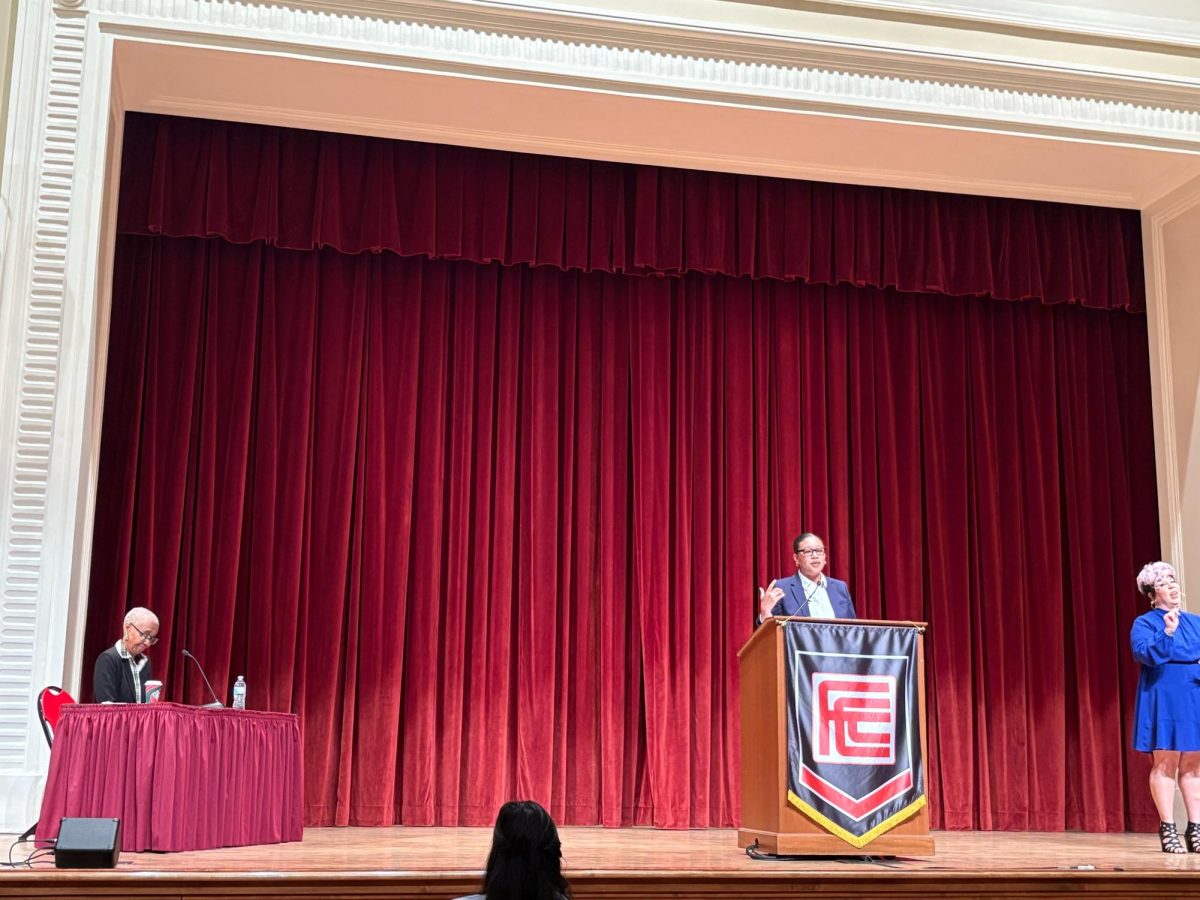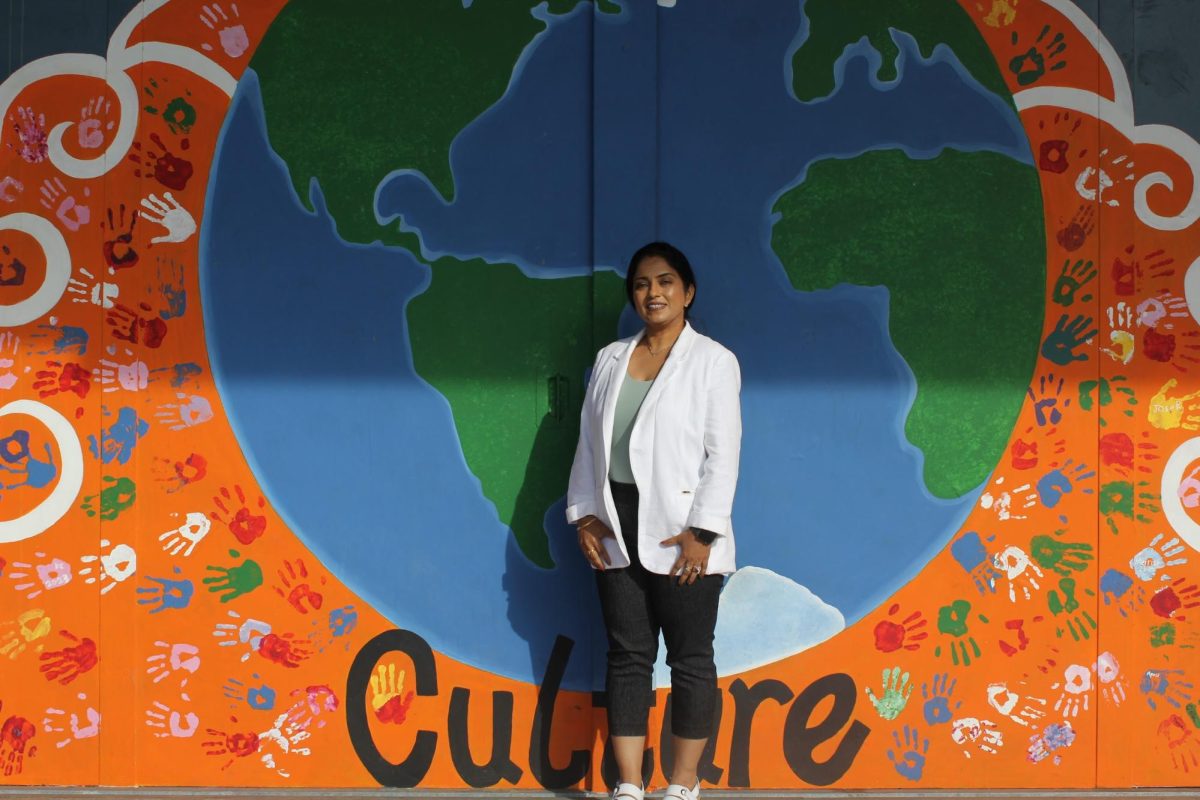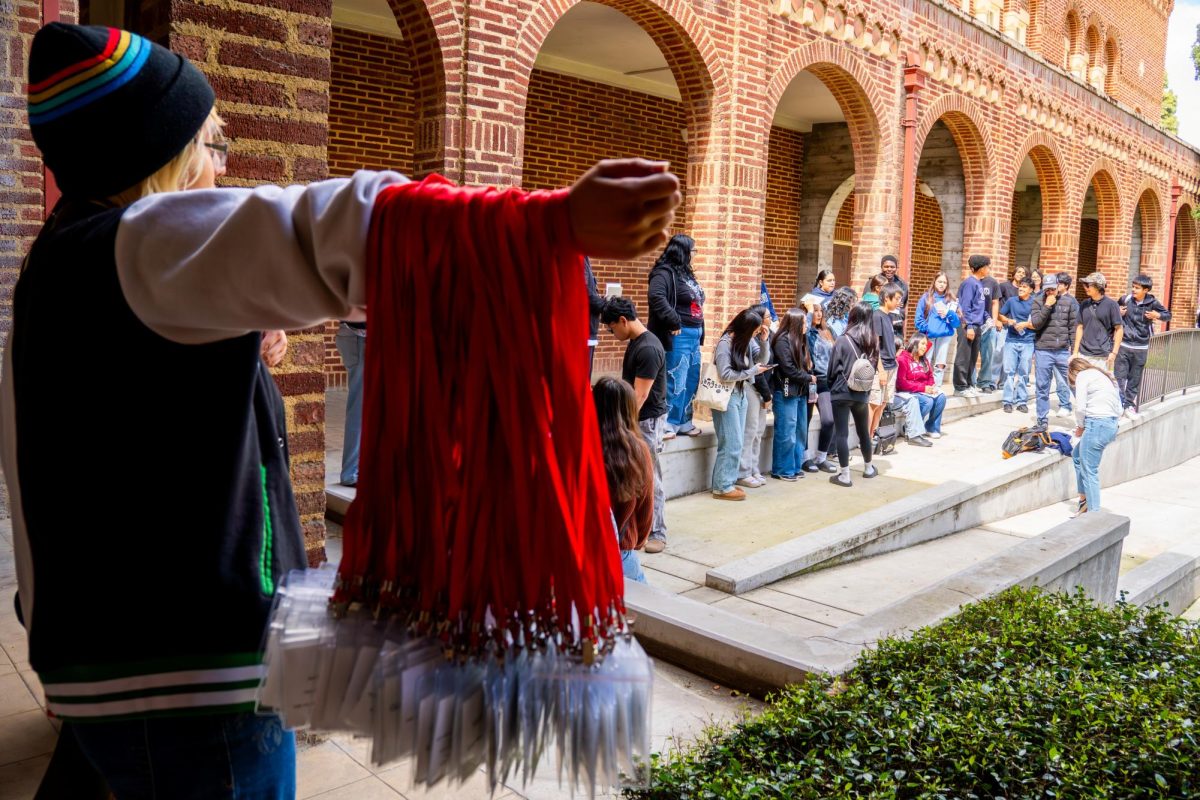It was not a transition psychology instructor Mary Ann Valentino expected to make anytime soon. But after 16 years as an instructor at Fresno City College and serving on various committees, Valentino has been thrust to the helm of one of the college’s most important bodies.
Valentino suddenly became president of the Academic Senate nine months early when Claudia Habib accepted the position of interim dean of instruction at Reedley College.
“I am always a bit surprised when people look to me to lead. I have always described myself as a reluctant leader,” Valentino said. “I hesitate because I am much more comfortable being a watcher and a worker.”
Even as a child growing up in Reedley, Calif. Valentino was first an observer. She says she was fascinated by people and would quietly sit and watch people interact. Because she was a good listener and seemed trustworthy, friends would divulge all kinds of very private information to her.
“I was amazed by the public versus private lives of people and the differences from person to person and family to family,” said Valentino.
Childhood was also a struggle for Valentino as she suffered from chronic, low-grade depression also known as dysthymic disorder.
“I was too young to be the container for other people’s problems,” said Valentino. “I carried this weight around with me and developed a negative thought pattern that clouded my view of the world and my future. I often felt a sense of helplessness and hopelessness.”
In high school, she hit a low point and made a decision to fight her way out of the depression. She found the courage to tell someone about her silent suffering and actively worked on challenging her negative thought patterns.
“I had a loving family, teachers who encouraged me, and friends who supported me. The positives in my life far outweighed the negative; I had to find a way to shift my focus,” Valentino said. “My depression was such a part of who I was for such a long time that I cannot imagine who I would be today without having experienced it.”
Her experience ultimately fueled her compassion for others and her strong desire to instill hope in people. At the same time, Valentino was driven by her parents, who wanted her to have what they never had.
Her father had quit school when he was 16 years old to take care of his father and never returned to school. Valentino’s mother wanted to attend college to study psychology, but her parents did not believe women should study psychology.
“My parents made many sacrifices to make sure that I could devote myself to pursuing an advanced degree,” she said. “They did not want me to have to work and attend school at the same time, so they funded my education. This allowed me to focus on school and the volunteer work that I found personally rewarding.”
Coming out of high school in 1984, Valentino wasn’t emotionally ready to leave home to attend college, so she stayed with her parents and attended Reedley College. After one year, she transferred to San Diego State University to study psychology.
But as a first-generation college student, Valentino was met with some challenges.
“I remember feeling like the other students knew so much more than I did about how to navigate through college,” said Valentino.
After getting a bachelor’s degree in 1988, she moved back to Reedley where she got married and took some time off school to work as a case manager at Visalia Youth Services. There she worked with severely emotionally disturbed children and adolescents under the supervision of a psychologist. Meanwhile, her husband started an agriculture-related business and bought a small orange farm.
In 1999, Valentino decided to attend the California School of Professional Psychology in Fresno where she earned a doctorate degree in clinical psychology with an emphasis in ecosystem child psychology. Before she graduated, however, her father died.
“It was his dream as much as it was mine to earn a Ph.D,” said Valentino.
While in graduate school, Valentino worked at the California Men’s Colony which is a medium security men’s prison, a local community mental health clinic with children and families referred through Child Protective Services and a valley juvenile hall.
After completing her pre-doctoral and post-doctoral internships at FCC, Valentino obtained a license to practice in 2001 and soon opened a private practice with a colleague. She became a Medi-Cal and Medi-Care provider and worked as a consultant for some of the skilled nursing facilities in the area and for the Saint Agnes Medical Center AIDS Project. Valentino continues to maintain a small private practice in Fresno.
As the Academic Senate president of FCC, Valentino hopes to use her background in clinical psychology to maintain perspective.
“This is a complex responsibility, because we are such a diverse group,” said Valentino. “We share a strong commitment to student learning and student success and a desire to enrich our community.”
She admits she can be hard-headed and idealistic, but she is also willing to step back and listen to others’ point of view.
“I want to listen to the faculty wisely and act as their voice in an honest and diligent manner,” said Valentino. “I want the faculty to be genuinely confident in my ability to represent them and work collaboratively with administrators, classified staff, and students. We are all here because we believe that education can transform lives.”
Outside of work, Valentino enjoys reading novels, watching television series and movies.
“I especially like to watch a whole season of a series in a short period of time. Last summer I watched all six seasons of the Sopranos. There were some days that I stayed in my pajamas and watched all day,” said Valentino. “My husband and I like to watch the same movie over and over again until we know most of the dialogue by heart. Both of us are real home-bodies.”
Valentino also spends time in art museums and galleries.
“I can easily spend 15 minutes looking at an interesting piece of art. Family members don’t especially like to go with me because I linger too much,” she said.
Still much of her time is dedicated to work.
“It will take me literally years to read a novel because I have three or four or five work-related books constantly going at the same time and I am admittedly not a strong reader,” said Valentino. “I wish I had enough time and energy in the day to track my students more closely. Some students fail because they don’t believe in their ability to succeed. They need someone to encourage them.”
She jokes that she wants to die at her desk grading papers. But in the end, she wants to know that she contributed to her students’ ability to achieve their goals and FCC’s ability to fulfill the mission.
Valentino advises students to create a 3-5 year plan with lots of mini-goals along the way.
“Write out strategies to attain those goals. Identify positive role models to emulate. Update and revise your plan if necessary,” said Valentino. “Persevere; ask for help when you need it. And for goodness sake, do your homework.”

